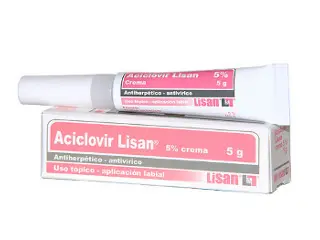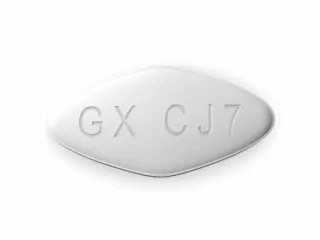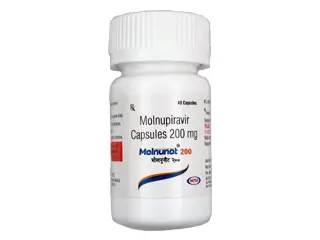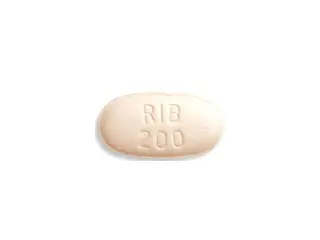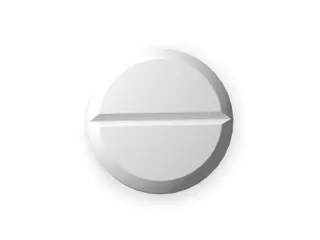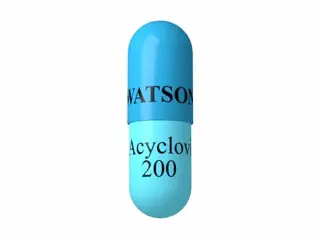Antiviral
Find effective antiviral medications to help prevent and treat viral infections. Shop trusted brands with fast shipping and competitive prices for your health needs.
Antiviral medications play a vital role in managing viral infections. They help to control symptoms, reduce viral load, and prevent complications. This category includes a variety of drugs, each designed to target specific viruses. Let’s review some of the most popular antiviral medications available in this category.
Aciclovir and Acyclovir Cream 5% are widely used for treating herpes virus infections. Aciclovir works by interfering with the replication of herpes viruses. It is effective against herpes simplex virus types 1 and 2, as well as varicella-zoster virus. The cream form is often used to treat cold sores and genital herpes lesions directly on the skin. Oral aciclovir is commonly prescribed for more severe or recurring infections. It helps to reduce the duration and severity of outbreaks.
Aldara (imiquimod) is an immune response modifier. Though not a direct antiviral, it stimulates the body's immune system to fight certain virus-related skin conditions. Aldara is often prescribed for genital warts caused by HPV and some types of skin cancers linked to viral infections. It helps the immune system recognize and destroy infected cells.
Copegus (ribavirin) is used in combination therapies for chronic hepatitis C infections. Ribavirin works by inhibiting viral RNA synthesis. It is usually combined with other antiviral medications such as interferons. Treatment with Copegus can be long but is effective in many patients, leading to a sustained virologic response and decreased liver damage.
Epivir and Epivir HBV contain lamivudine. Epivir is mainly used to treat HIV, while Epivir HBV is targeted at chronic hepatitis B infections. Lamivudine stops the replication of these viruses by being incorporated into their DNA, causing premature chain termination. It is an essential medication in antiretroviral therapy and hepatitis B management.
Famvir (famciclovir) is another agent active against herpes viruses. It is a prodrug converted into penciclovir in the body. Famvir is effective in treating cold sores, shingles (herpes zoster), and genital herpes. It helps to reduce pain, speed healing of lesions, and decrease recurrence.
Molnupiravir is a newer oral antiviral medication targeting RNA viruses, including SARS-CoV-2, the virus causing COVID-19. Molnupiravir acts by inducing errors during viral RNA replication, stopping the virus from multiplying. It is approved for emergency use in specific cases of mild to moderate COVID-19 to prevent progression.
Monoket is primarily known as an anti-angina drug and is not classified as an antiviral. Sometimes confusion arises due to its name, but it is unrelated to antiviral medication.
Plaquenil (hydroxychloroquine) was initially used for malaria and autoimmune diseases. During the early COVID-19 pandemic, it was considered for antiviral effects, but evidence has not supported widespread antiviral use. It remains important in its original indications.
Rebetol (ribavirin) is similar to Copegus and used for hepatitis C virus treatment in combination with interferon. It works by inhibiting viral replication but requires careful monitoring due to possible side effects like anemia.
Sustiva (efavirenz) is a non-nucleoside reverse transcriptase inhibitor (NNRTI) used in HIV treatment. It blocks a key enzyme needed for HIV to replicate. Sustiva is often part of combination therapies and is known for its effectiveness in controlling viral load.
Symmetrel (amantadine) is used to treat influenza A infections and Parkinson’s disease symptoms. For influenza, Symmetrel blocks the viral protein M2, preventing virus uncoating inside cells. However, resistance to amantadine among flu viruses has increased, limiting its use.
Valtrex (valacyclovir) is a prodrug of aciclovir but offers better bioavailability. It treats herpes simplex infections, shingles, and chickenpox. Valtrex is often preferred as it requires less frequent dosing while maintaining strong antiviral effects. It helps reduce outbreak severity and transmission risk.
Zovirax is a brand name for aciclovir, available in oral, topical, and intravenous forms. It is one of the oldest and most trusted antiviral agents for herpes viruses. Its versatile forms make it adaptable for various infection severities.
Choosing the right antiviral depends on the type of viral infection, severity, and patient condition. Many antivirals are most effective when started early. They usually work by interfering with viral replication processes, helping the immune system control the infection. Side effects vary but are generally manageable. Some require combination therapy for optimal results, such as ribavirin with interferons.
In summary, the antiviral category contains time-tested medications like aciclovir and lamivudine, combination treatments like Copegus and Rebetol, and newer agents like molnupiravir. Each medication has a specific role in combating viral infections, from herpes and hepatitis to influenza and COVID-19. Consulting a healthcare professional is essential to select and use antiviral drugs effectively and safely.
